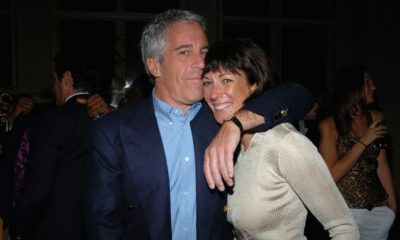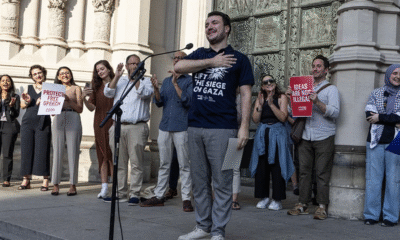News
Supreme Court Halts Controversial Directives on Kanwar Yatra Route Eateries, Highlights Civil Rights Concerns
In a significant development, the Supreme Court has issued an interim stay on the controversial orders issued by the Uttar Pradesh and Uttarakhand governments. These orders, first issued by Muzaffarnagar police, mandated eateries along the Kanwar Yatra route to disclose the names of their owners and staff. The matter is now set for a detailed hearing on July 26, and the Court acknowledges the potential civil rights implications of these directives.
The stay was prompted by multiple challenges from NGOs, including the Association of Protection of Civil Rights, and political figures like TMC MP Mahua Moitra. According to the petitioners, the directives risk escalating communal tensions and fostering economic discrimination. Moitra’s plea highlighted the potential for these orders to create divisions by identifying minority-owned businesses, possibly leading to economic boycotts.
Senior advocate CU Singh, representing one of the petitioners, emphasized the economic hardships faced by small-scale vendors, such as vegetable and tea stall owners, who could severely impact these directives. He also raised concerns about possible punitive actions, including demolishing establishments, for non-compliance with the orders.
The Supreme Court bench questioned the necessity of these directives, mainly whether they reflected any specific demand from Kanwariyas regarding the identity of food preparers. The Court noted, “We deem it appropriate to pass an interim order prohibiting the enforcement of the above directives. In other words, food sellers may be required to display the type of food they serve, but must not be forced to display the names of owners or staff.”
The controversial orders initially surfaced when Muzaffarnagar police required eateries along the Kanwar Yatra route to display their owners’ names, a directive later expanded statewide by the Uttar Pradesh government. Similar orders were issued in Uttarakhand, and the BJP-led Ujjain Municipal Corporation also mandated shop owners in the historic city to display their names and contact numbers, with penalties for non-compliance. However, the Madhya Pradesh government clarified that no such statewide directive had been issued.
Some defended the Muzaffarnagar police orders as measures to ensure safety and transparency. Ujjain Mayor Mukesh Tatwal asserted that the directives were not intended to specifically target Muslim shopkeepers but to promote overall security and accountability.
Responding to the Supreme Court’s interim stay, BJP spokesperson Jugal Kishore remarked, “It is just an interim order. The government will present its viewpoint in court.” Notably, no representatives from the state governments appeared at this hearing.
Mahua Moitra celebrated the Supreme Court’s decision, expressing her approval via social media. “Long live our Constitution. And may we always protect it,” she stated, reflecting the broader sentiment of upholding constitutional values and civil rights.
This case underscores the delicate balance between ensuring public safety and maintaining civil liberties, especially in a diverse society. As the Supreme Court prepares for the July 26 hearing, the broader implications of these directives on communal harmony and economic fairness will be closely scrutinized. The interim stay provides temporary relief to the affected eateries. Still, the final ruling will set a precedent for how such issues are handled, potentially influencing the broader discourse on civil rights and state mandates in India.









































